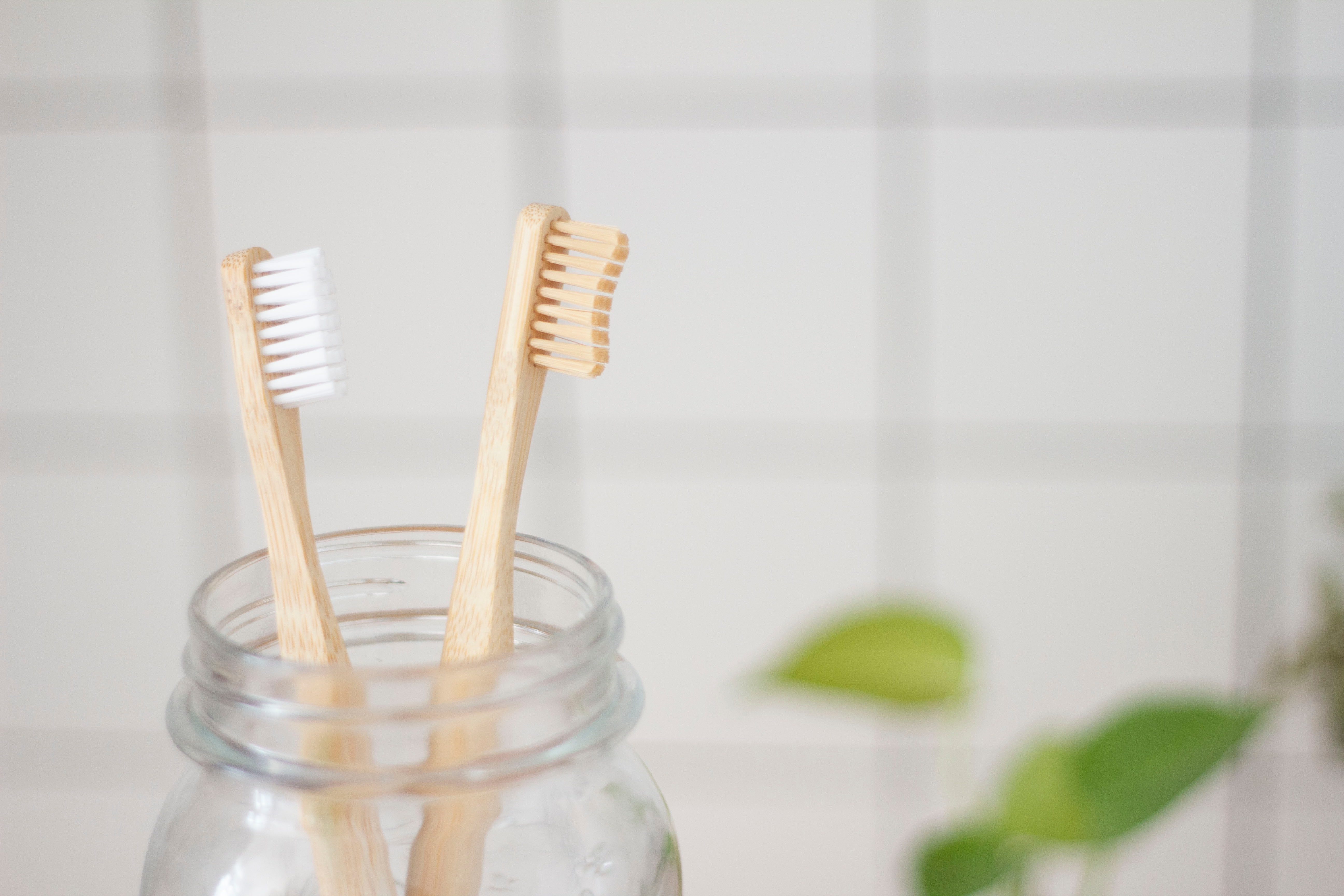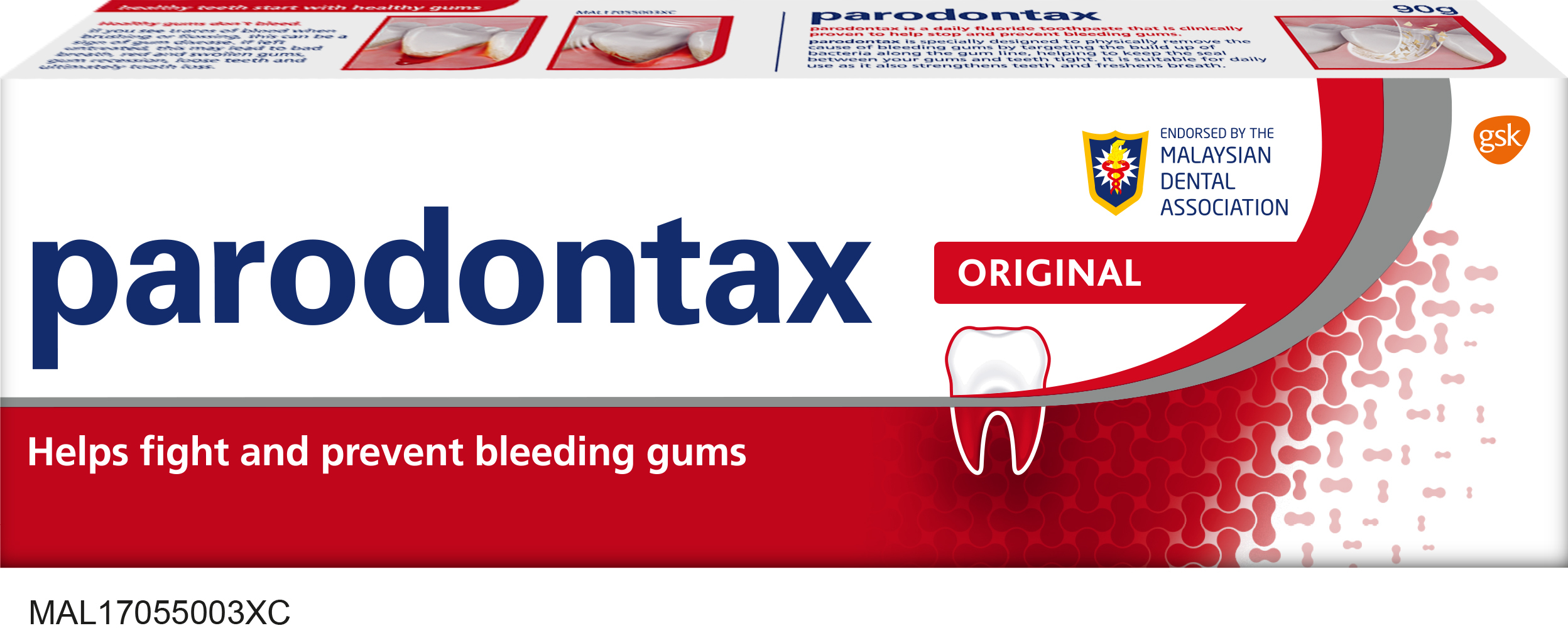6 Myths & Misconceptions About Dental Health You Probably Thought Were True
No, brushing your teeth hard does not clean them better.
Gum disease often happens among Malaysians
If it's not treated, the condition could worsen and even result in the loss of teeth. You probably don't want that happening and end up wearing false teeth, right?
While there is a lot of information about gum health and diseases out there, there are also many myths and misconceptions that you should know about.
MYTH #1: Only the elderly suffer from bleeding gums
Nope, but as people age, their risk of developing periodontal disease does increase. According to MyHealth Gov, there are many factors that can cause bleeding gums, from experiencing hormonal changes to not consuming enough nutrients, using improper oral tools, and more. In fact, the most common cause of bleeding gum is poor oral hygiene.
MYTH #2: You only need to see your dentist when your teeth hurt
Just admit it, most of us would only visit the dentist when we have dental issues, right? By right, you should go for a dental check up at least once or twice a year, or as advised by your dentist.
Although you might not notice anything amiss with your teeth, visiting the dentist is the best way to spot trouble before it starts.
MYTH #3: Brushing your teeth hard cleans them better
While the bristles on your toothbrush are designed to help remove plaque and bacteria, they are not meant to be used aggressively on your teeth.
This will result in the thinning of the enamel layer on your teeth, risking exposure of the dentin layer that makes up the majority of your teeth's structure. Additionally, brushing your gums too hard can cause them to recede and reduce in size, which could lead to exposing your tooth roots.
MYTH #4: White teeth means healthy teeth
White teeth do not necessarily mean your teeth are healthy and strong. Your teeth might not have any visible evidence of tooth decay, but some areas can be hidden from view, like the inside of your gums or the back of your teeth.
That's why it's important to go for regular dental check ups, so you can determine your overall dental health.At the end of the day, all teeth, no matter the shade, need healthy gums for support.
MYTH #5: Chewing gum is as effective as brushing your teeth
While chewing sugarless gum for 20 minutes following meals can help with preventing tooth decay, it still doesn't clean your teeth as well as brushing.
Chewing gum is great if you're outdoors and looking for a quick way to have fresh, minty breath, but it should never be used as a replacement for brushing your teeth.
MYTH #6: Bleeding gums isn't a big deal
Most of us would usually not pay much attention to bleeding gums, which should not be the case at all. In fact, bleeding gums when you brush your teeth is one of the first signs of gum disease.
However, by getting dental treatment early as well as practising good oral care, bleeding gums can be resolved.
Ultimately, you should always go for regular dental check ups — even if all is well. And when in doubt, the best thing to do is to always seek advice from your dentist.
If you're looking for a great toothpaste to care for your teeth and gums, check out parodontax's toothpaste!
Not sure where to begin practising proper oral hygiene? You can start by using parodontax toothpaste!
Containing 67% mineral salt as its main ingredient, the toothpaste helps to fight gum swelling and bleeding gums caused by gum disease. Remember, healthy teeth starts with healthy gums!
The best part? You can purchase parodontax toothpaste on Lazada or Shopee!
Alternatively, you can also get paradontax toothpaste at your nearest pharmacy.
For more information about dental and gum care, or to take the gum health test, check out parodontax's website today
This is a medicine product advertisement.
KKLIU: 0570/2022
Advertisement Expiry Date: 31 December 2024.
Trademarks are owned by or licensed to the GSK group of companies.
The information provided is for educational and communication purposes only and it should not be construed as personal medical advice. Information published in this article is not intended to replace, supplant or augment a consultation with a health professional regarding the reader's own medical care.






